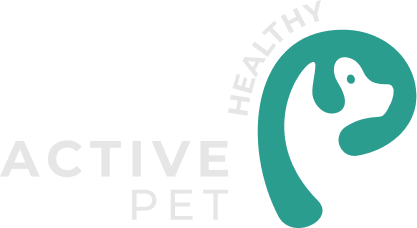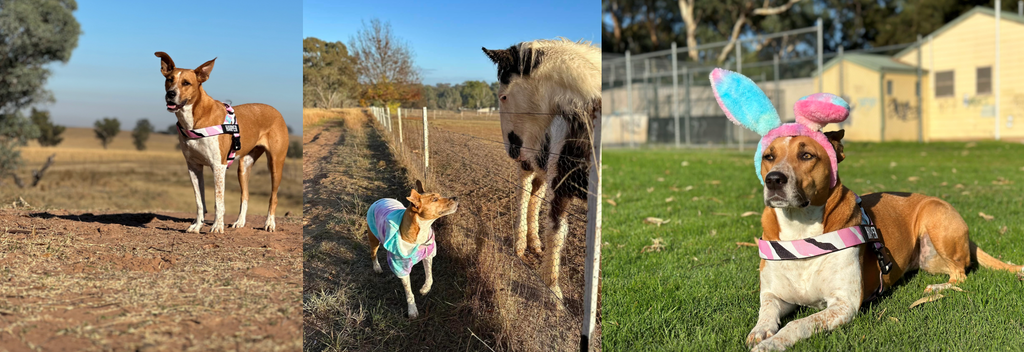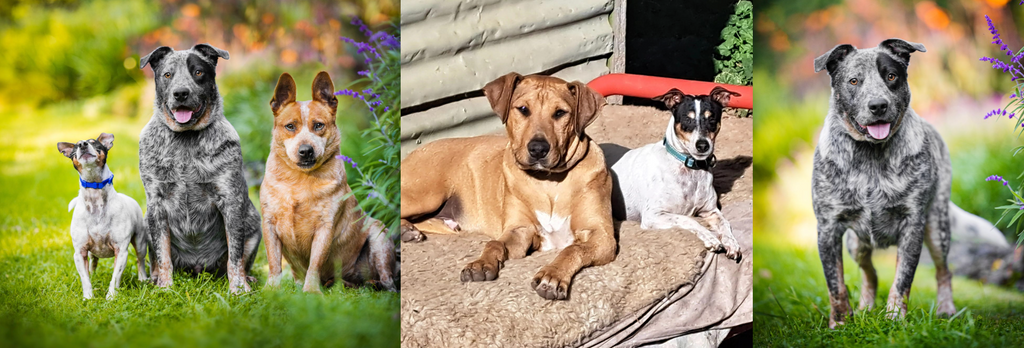
How to start your dog on home made dog food
When transitioning your dog to a home made dog food diet, it's important to proceed with caution to ensure you meet your dog's nutritional needs.

Here are some general guidelines to help you get started:
-
Research and educate yourself: Learn about the principles of raw feeding and raw dog food, including the appropriate balance of meat, bones, and organs, as well as the potential risks and benefits. There are numerous resources here you can read our ultimate guide to raw dog food here
-
Consult with a veterinarian: Talk to a veterinarian experienced in raw feeding or a veterinary nutritionist who can provide guidance tailored to your dog's specific needs. They can offer advice on portion sizes, suitable protein sources, and any additional supplements that may be necessary.
-
Gradual transition: Start by introducing small amounts of raw food into your dog's regular diet. Begin with easily digestible proteins such as chicken, turkey, or lean beef. Slowly increase the amount of raw dog food food while decreasing the amount of commercial dog food over a period of several weeks. This gradual transition allows your dog's digestive system to adjust.
-
Balanced meals: Aim for a balanced diet that includes muscle meat, bones (ground or whole), and organs (such as liver and kidney). Ensure variety in protein sources over time to provide a range of nutrients. Include fruits, vegetables, and some supplements like omega-3 fatty acids. You can see a huge variety of raw dog food recipes here
-
Food safety: Practice good food hygiene to minimise the risk of bacterial contamination. Keep raw meat properly stored and separate from human food, wash your hands and utensils thoroughly, and clean your dog's food and water bowls regularly. See our guide to raw dog food here
-
Monitor your dog's health: Pay close attention to your dog's overall health, coat condition, energy levels, and digestion during the transition. If you notice any negative changes, consult your veterinarian.
-
Regular veterinary check-ups: Schedule regular veterinary check-ups to monitor your dog's health and ensure they are thriving on the raw dog food diet. Routine blood work and examinations can help identify and address any potential deficiencies or imbalances.
Remember that every dog is unique, and their dietary needs may vary. Working closely with a veterinarian will help you tailor the raw food diet to your dog's specific requirements, ensuring they receive optimal nutrition
To see our raw dog food recipes go here




